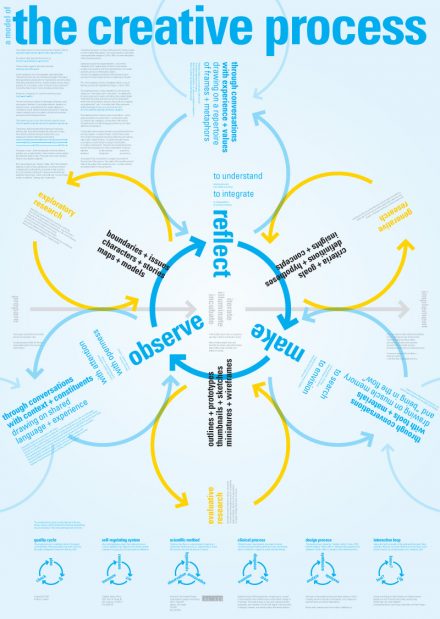This workshop was hold on 28 September by the
Design for 21st Century in the Imperial War Museum. The workshop aimed to collect the diverse knowledge in the room to contribute ideas for developing new design policies by (1) presenting five design research project in the Design for 21st Century initiative to share their empirical learning (2) stimulate discussions about topics of the contribution of design researchers on reflections of these five projects and in general.
Amongst the five project presentations in the morning - all interesting projects - I was especially impressed by two.
The
BikeOff project was based on the idea of design against crime. The project looked at design for bike riders' security issues, and developed ideas that can go on to further commissions in manufacturing. At first glance, it was a typical multi-disciplinary design project with inputs from crime scientist, designer, engineers, social scientist and many other extended stakeholders. What I find interesting is the way the project was managed with what they called 'An Open Innovation Research Approach'. The project demonstrated how using overlapping research processes carried out by different stakeholder groups achieved the transformation from multi-disciplinary to inter-disciplinary, where the hybrid ideas start to emerge in prototyping stages, and also the design outputs became more diverse. Especially the approach was good at efficiently develop product (perhaps services as well) to explore unrealized marketing needs, rather than develop predicted outputs as planned in the first place. Guess this is what was missing in many NPD and NSD literature. We were taught to be so busy controlling and defining the process of design that it becomes so easy to forget to enjoy the discovery, the iterative exploration that leads to new territories.
The other one was the
Design for Services project presented by Lucy Kimbell – I believe most of you guysa are familiar with this project. In her presentation, Lucy talked about the designer’s unique approach to generate knowledge through practice, which was not really discussed much in other of her publications. Although I temporary moved my research focus a bit away from the whole knowledge creation literautre, it was still nice to hear other's reflections on a similar subject.
We were then asked to discuss in groups and to fill in paper that describes the contribution of ‘design researcher’ – and somehow this is a confusing term. As some people in the room came from an academic background, thus researcher means ‘people who studies design’, but others (like our group) saw the role expended into the researchers who actually worked in design processes and contribute to the design outcome. If we look at the five projects presented in the room, all reflected a part of knowledge on the ‘study of design’, but most of these learning come from actually conducting the design practice. So did it mean ‘design research = design’ then?!
Out of all the answers we put on the paper, I personally found ‘giving people a voice’ is the one that capture design reearcher's perspective the best. As it could suggest the use of visualisation but keep the empathy and the central focus on people (either as user, stakeholder, or research subjects…) When one of the participants in the final discussion part pointed out that ‘imagination or creativity’ is missing from the key skills of designers. Is that we are just too close and we don’t see it anymore? No, I don’t think design profession is all about creativity or imagination. Everyone is creative and imaginary if they have the confidence and the voice to communicate, to share, and to impress. The value many of the pioneering designers in the field – a lot of them in Service Design but also many from other design areas – is to give people the voice and the confidence to be creative and imaginary so that they can see, create and implement solution for their own problems.
One of the highlight of the event to me, personally, was actually meet many of old friends who share a similar interest in Design and Research.
Lauren Tan, a PhD in Service Design as well as good friend also blogged her thoughts on her blog. A pleasant surprise was to meet Ahmad Beltagui from Nottingham University Business School at the event, who then introduced me to a really helpful paper on 'What is not a Grounded Theory', which motivated me to kick off the Research Design chapter this week. Sometime, I do wonder why we keep going all over place to attend these events and perhaps we thought we know the presentations so well already. But what I often found out is that when a group of people with a similar interest were put in a room under a certain task, good stuff do come out from somewhere we didn’t expect.
... more picutres on
Flickr ...

 image from Dubberly Design Office website, access via http://www.dubberly.com/concept-maps/creative-process.html
image from Dubberly Design Office website, access via http://www.dubberly.com/concept-maps/creative-process.html
